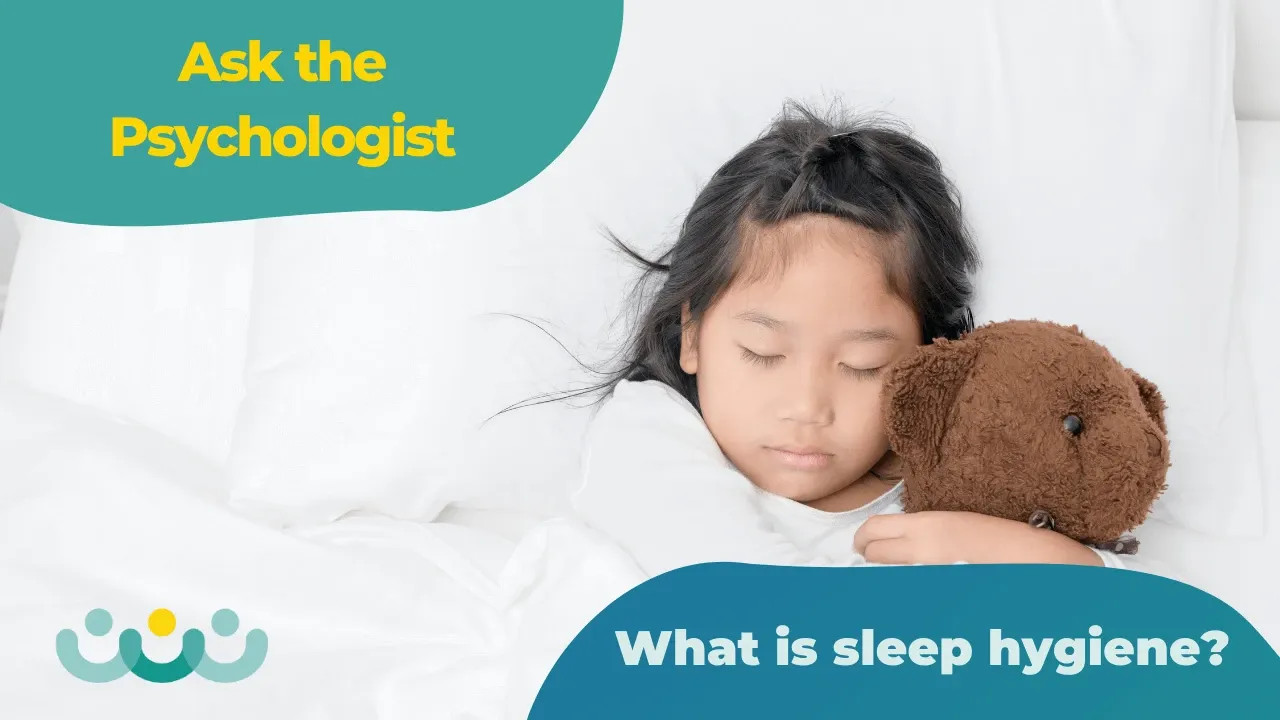The importance of Self-Esteem
The way we see ourselves is crucial to the way we interact with the world around us. ‘Self Esteem’ can be thought of as the way we evaluate our own self-worth, with higher self-esteem leading to greater confidence, resilience and emotional regulation. Our sense of sel...
Lucy Stone is a Trainee Educational Psychologist at University of East London. She is currently undertaking research looking at the experiences of young children and their families following time in hospital due to critical illness or injury.
Early childhood experiences are central to educational ...
By Charlotte Burrell, Trainee Educational Psychologist, at the University of Exeter, currently undertaking research into child sexual exploitation.
My interest in child sexual exploitation (CSE) started when I worked within a sexual exploitation service, and was able to see the challenges the young...
By Mollie Higgins, Trainee Educational Psychologist, at Tavistock and Portman NHS Trust, currently undertaking research into Emotional Based School Avoidance (EBSA).
Hello, my name is Mollie and I am a Year 3 Trainee Child, Community and Educational Psychologist completing my Doctorate at the Tavis...
What is sleep hygiene? How can it help my child have a better night’s sleep?
What actually is sleep hygiene?
Sleep is a key aspect of development - after all, humans spend up to a third of our lives asleep. Whilst children may look peaceful when fast asleep, they are undergoing processes to su...
As Educational Psychologists we often support teachers to develop children's executive functioning skills.
Despite being a significant predictor of academic achievement, Working Memory is often overlooked which means that school staff aren’t always sure how to help children when they experience dif...








